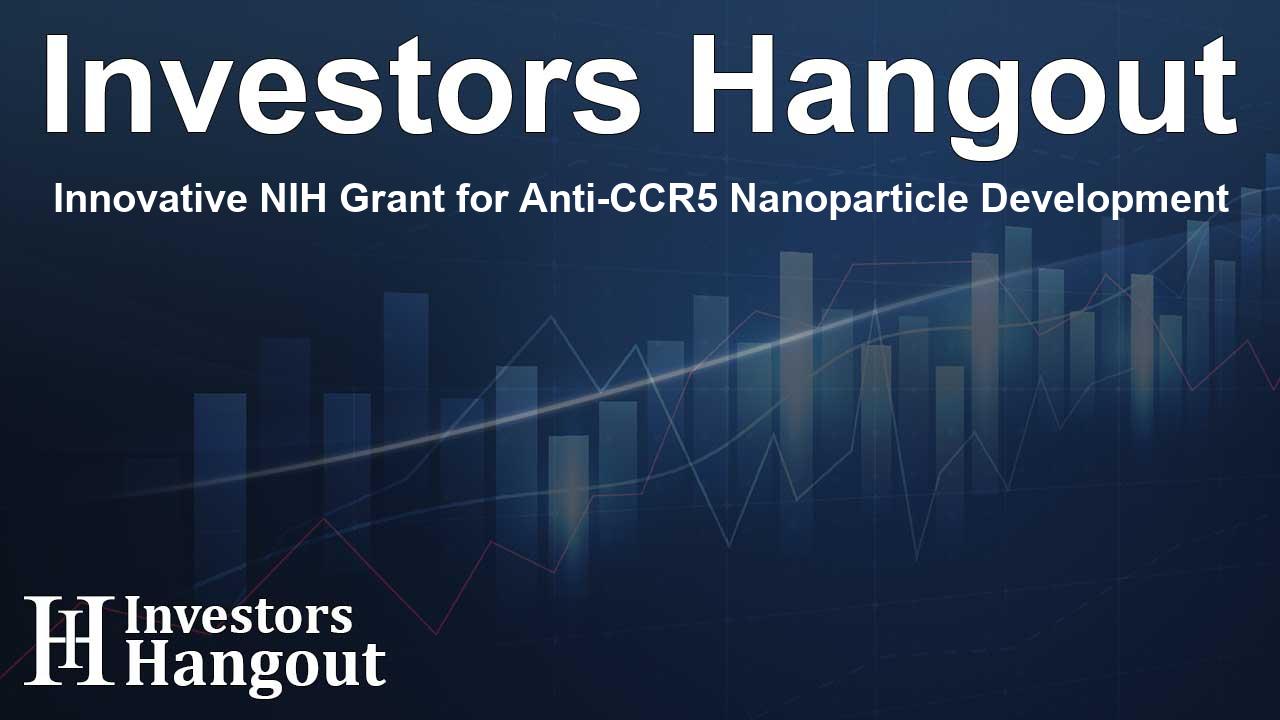Innovative NIH Grant for Anti-CCR5 Nanoparticle Development

Aphios Secures NIH SBIR Grant for Alzheimer's Research
Aphios has recently announced the exciting news of being awarded an NIH SBIR grant aimed at developing anti-CCR5 nanoparticles to combat Alzheimer’s disease. This initiative marks a significant step in advancing research and treatment options for one of the world's most pressing health challenges.
Understanding Alzheimer's Disease and Its Impact
Alzheimer's disease is a critical global health issue, currently affecting over 6.7 million individuals in the United States alone and over 55 million around the world. Characterized by various factors, its complexities include the formation of amyloid plaques, tau protein entanglements, enzyme degradation, and inflammation within the brain. Research has shown that with age, inflammation is linked to the CCR5 gene, with studies indicating that heightened CCR5 levels correlate with memory consolidation impairments, particularly in aged mice.
The Role of CCR5 in Memory Decline
The findings surrounding CCR5 are compelling, showing that inhibiting this gene can potentially reverse memory issues. This discovery highlights the need for targeted interventions that can effectively act on these biological markers to improve cognitive functions in aging populations.
Targeting Alzheimer's with Innovative Nanotechnology
Dr. Trevor P. Castor, the Principal Investigator on the project, has emphasized the potential of utilizing targeted nanoparticles created through Aphios's proprietary PNS (polymer nanoparticles) technology. This innovative approach seeks to transport anti-CCR5 antagonists across the blood-brain barrier, aiming to diminish CCR5 activity while addressing inflammation directly. Such targeted therapies could significantly enhance the management of both dementia and Alzheimer’s disease.
Future Directions of Nanotechnology in Medicine
Dr. Castor has remarked on the platform’s transformative potential, noting that the technology could enable the co-transport of anti-CCR5 antagonists alongside other therapeutics. This includes promising anti-amyloid antibodies that may work in synergy, offering a multi-faceted approach to tackling the complexities of Alzheimer’s disease.
About Aphios Corporation
Aphios Corporation is a clinical-stage biotechnology company dedicated to developing cutting-edge technology platforms that enhance drug discovery and manufacturing. The company focuses on nanotechnology drug delivery systems and the pathogenic safety of biologics. With these platforms, Aphios aims to create advanced therapeutics that not only serve to prevent diseases but also improve the quality of life for patients battling chronic illnesses, supporting care in areas such as cancers, infectious diseases, and neurological disorders including Alzheimer's disease.
The research acknowledged in this announcement is supported by the National Institute on Aging (NIA) of the National Institutes of Health (NIH) under Award Number R43AG085863, emphasizing the importance of governmental support in driving innovative healthcare solutions.
Frequently Asked Questions
What is the significance of the NIH SBIR grant awarded to Aphios?
The NIH SBIR grant will support Aphios in the development of anti-CCR5 nanoparticles aimed at treating Alzheimer’s disease, potentially transforming future Alzheimer’s therapies.
How do anti-CCR5 nanoparticles work?
The nanoparticles are designed to cross the blood-brain barrier and inhibit the CCR5 gene, which has been linked to memory impairments and inflammation in Alzheimer’s patients.
What other diseases is Aphios targeting with its technologies?
Aphios is focused on developing therapeutics to treat various chronic diseases, including cancers, infectious diseases like HIV/AIDS and COVID-19, as well as CNS disorders.
Who is Dr. Trevor P. Castor?
Dr. Trevor P. Castor is the Principal Investigator leading the project at Aphios, focusing on the application of nanoparticles in treating Alzheimer’s disease.
What are polymer nanoparticles?
Polymer nanoparticles are tiny particles that can be engineered to deliver drugs specifically to targeted areas in the body, promising advancements in drug delivery systems.
About The Author
Contact Henry Turner privately here. Or send an email with ATTN: Henry Turner as the subject to contact@investorshangout.com.
About Investors Hangout
Investors Hangout is a leading online stock forum for financial discussion and learning, offering a wide range of free tools and resources. It draws in traders of all levels, who exchange market knowledge, investigate trading tactics, and keep an eye on industry developments in real time. Featuring financial articles, stock message boards, quotes, charts, company profiles, and live news updates. Through cooperative learning and a wealth of informational resources, it helps users from novices creating their first portfolios to experts honing their techniques. Join Investors Hangout today: https://investorshangout.com/
The content of this article is based on factual, publicly available information and does not represent legal, financial, or investment advice. Investors Hangout does not offer financial advice, and the author is not a licensed financial advisor. Consult a qualified advisor before making any financial or investment decisions based on this article. This article should not be considered advice to purchase, sell, or hold any securities or other investments. If any of the material provided here is inaccurate, please contact us for corrections.
